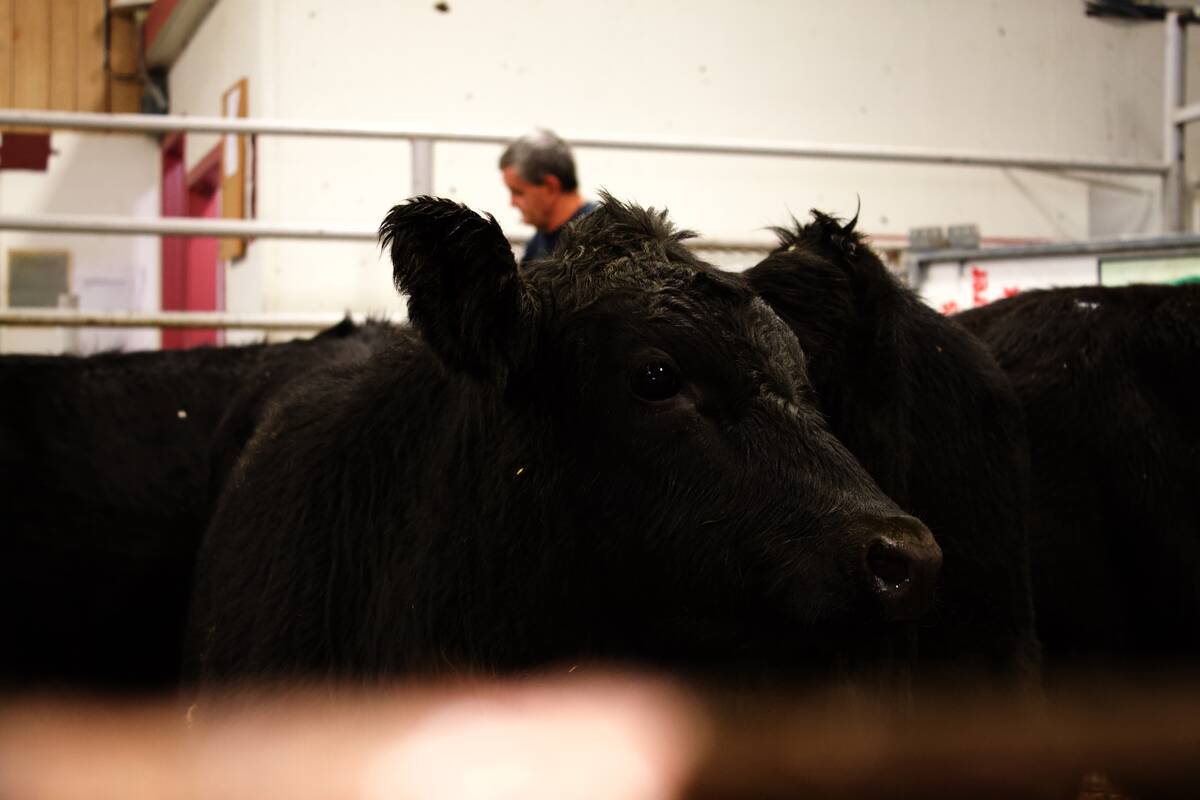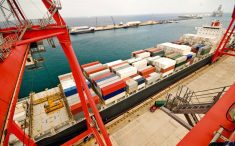In the hope of ending a longshore workers’ strike at British Columbia’s ports, Canada’s labour minister plans to put forward a recommendation for a settlement to break a stalemate between union and management.
In a statement at about 9:30 CT Tuesday evening, Labour Minister Seamus O’Regan said he had asked the senior federal mediator in the dispute to supply him with terms of a recommended settlement within 24 hours.
O’Regan said he will then forward those terms to both the International Longshore and Warehouse Union (ILWU Canada) and the B.C. Maritime Employers Association (BCMEA). The two parties then have 24 hours to decide “whether or not to recommend ratification of the terms to their principals.”
Read Also

U.S. livestock: Cattle rally, hogs rise
Chicago cattle rallied on Monday. Lean hogs also rose. Most-active April live cattle futures closed at 239.525 cents a pound,…
The Canada Labour Code allows for a federally appointed mediator — at the request of the parties, or of the labour minister — to make recommendations for settlement of a dispute or an outstanding difference between parties in labour talks.
In this specific case, O’Regan said Tuesday, “as a result of the hard work by the parties at the bargaining table, there is a good deal within reach — one that would work for both the employer and the union.”
In the wake of 11 days’ striking at West Coast ports, O’Regan said he’s decided “the difference between the employer’s and the union’s positions is not sufficient to justify a continued work stoppage.”
The scale of the disruption caused so far by the strike “shows how important the relationship between the BCMEA and the ILWU is to our national interest,” he added. “We cannot allow this work stoppage to persist and risk further damage to the relationship between these parties.”
Despite O’Regan’s plan, Manitoba farm organization Keystone Agricultural Producers and the Manitoba Pork Council, in a joint statement Wednesday, called instead for an immediate end to the supply chain disruptions caused by the strike.
“We appreciate Minister O’Regan’s directive to the federal mediator, but in contrast to the back-to-work legislation that was brought forward to address the Port of Montreal strike in 2021, the federal government has refused to take direct action that would end the strike and the associated impacts on our supply chain,” KAP general manager Brenna Mahoney said in a release.
About 7,400 B.C. longshore workers represented by ILWU Canada went on strike July 1 after serving the BCMEA with the required 72 hours’ notice. Their previous collective agreement expired March 31 and talks had been underway since that time between the parties with federal mediators.
While the federal Labour Code requires that striking longshore workers continue to handle loading of bulk grain vessels, the current West Coast strike has the potential to stall Canada’s exports of containerized pulse crops, fresh pork, fertilizer and other goods.
In a statement earlier Tuesday the BCMEA, whose members include 49 B.C. waterfront employers and terminal operators, estimated the value of disrupted cargo since July 1 at about $8.6 billion.
The association cited estimates from Royal Bank that 63,000 shipping containers were already impacted, with 13 vessels to arrive in coming days and 37 due by month-end — by which time the value of backlogged goods would touch $11.7 billion, which in turn would require “over three weeks of clearance, barring any new arrivals.”
The association also noted provincial leaders including Ontario’s Doug Ford, Saskatchewan’s Scott Moe and Alberta’s Danielle Smith have called for an end to the longshore workers’ job action.
Neither O’Regan nor Transport Minister Omar Alghabra have mentioned back-to-work legislation as an option, which currently would involve recalling Parliament off its summer break.
Shortly before the strike, the ILWU said outstanding issues included protection for its members against job losses caused by contracting-out and port automation, and against “record-high inflation and skyrocketing cost of living.” — Glacier FarmMedia Network
















